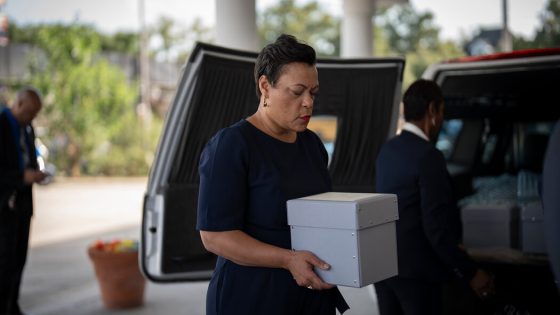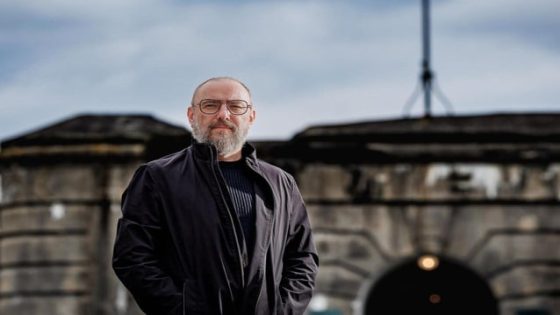The repatriation of human remains is a significant topic in the U.S., especially regarding the return of Black cranial remains to New Orleans. This month, 19 skulls, including that of a young laborer named William Roberts, were returned from Germany, marking a pivotal moment in the ongoing dialogue about race and historical injustices.
- William Roberts admitted to Charity Hospital, 1872
- 19 Black patients died, skulls sent to Germany
- Skulls studied for discredited racial science
- Repatriation of remains after 150 years
- Jazz funeral held for honored individuals
- First major restitution of Black American remains
William Roberts, just 23 years old, was one of the many Black patients who died at Charity Hospital in the early 1870s. His skull, along with others, was sent to Germany for discredited studies linking skull shape to intellect. On January 10, 2025, these remains were honored with a jazz funeral, a fitting tribute to their lives.
This repatriation raises important questions about how we honor the deceased and acknowledge historical wrongs. Are we doing enough to rectify past injustices? This event serves as a reminder of the need for continued dialogue and action regarding race and history in America.
- First major international restitution of Black American remains from Europe.
- Highlights the importance of honoring historical injustices.
- Encourages further discussions on race and science.
As we reflect on this historic moment, it’s crucial to continue advocating for justice and recognition of those who were wronged. How can we ensure that their stories are not forgotten?
































